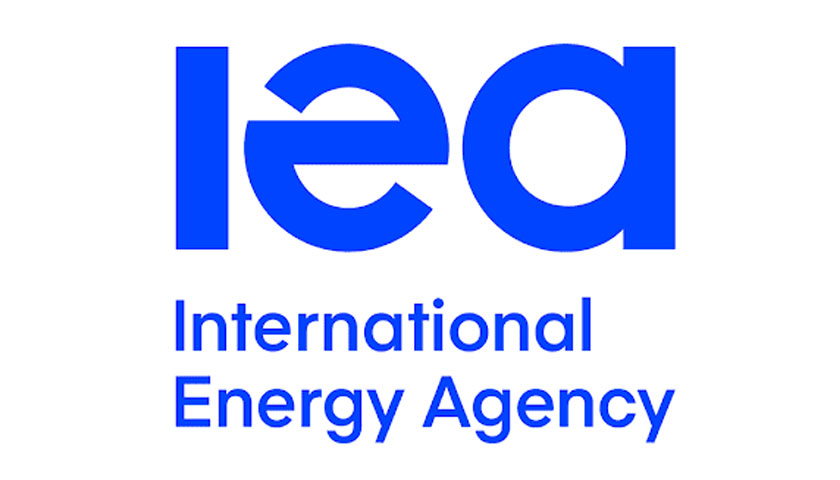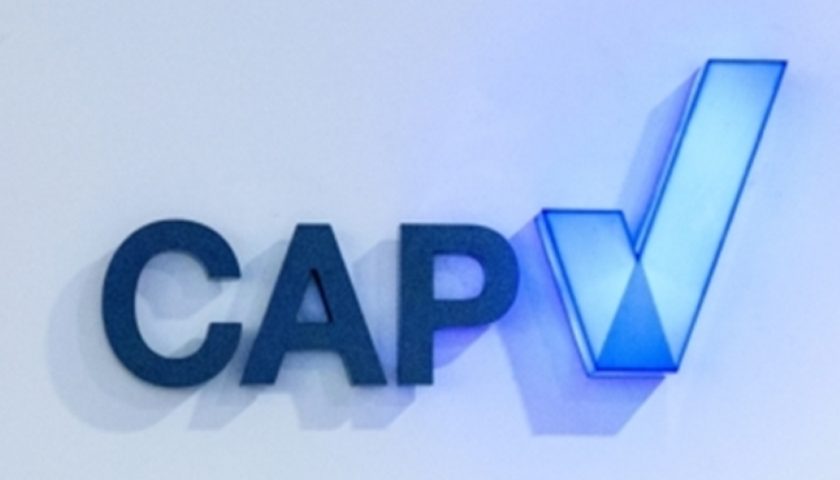GRI has been recognized during the Fourth International Conference on Financing for Development (FfD4) as foundational for the global sustainability reporting system.
Paragraph 34e of the ‘Compromiso de Sevilla’ – the outcome document of FfD4 – explicitly encourages UN Member States to “Consider utilizing standards, such as those of the International Sustainability Standards Board (ISSB) and the Global Reporting Initiative (GRI) among others, in a flexible and country-specific manner”.
This recognition follows months of active engagement by GRI and its partners with UN Member States, and it marks the first time GRI has been referenced in a UN intergovernmental agreement alongside ISSB, highlighting their complementary roles in sustainability reporting.
The outcome document:
- calls on countries to adopt disclosure standards that cover impacts, risks, and opportunities (IROs)
- affirms double materiality as an appropriate approach, and
- encourages credit rating agencies and financial institutions to integrate these standards into their ratings and financing decisions.
Robin Hodess, CEO of GRI, said:
“Governments around the world have recognized GRI standards as a critical element to drive sustainable finance. Double materiality is the new global norm. Moving forward, reporting on impacts, risks and opportunities, as part of a streamlined global reporting system, will be essential to enable capital to close the $4+ trillion financing gap for sustainable development.”
This acknowledgement of comprehensive sustainability disclosures is key to aligning private capital with development goals, coming at a time when policymakers, financial institutions, development agencies, and civil society are working together to find practical solutions to today’s complex financing for development challenges.



